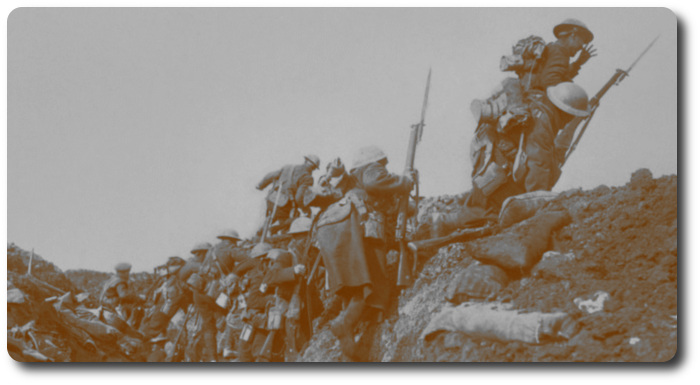Topic: Military Theory

The Decision to Offer Battle (1920)
Field Service Regulations, Volume II; Operations, 1920 (Provisional), General Staff, War Office
1. Decisive success in battle can be gained only by offensive action. Every commander, therefore, must be determined to assume the offensive sooner or later. If the situation be temporarily unfavourable for such a course it is wiser to manoeuvre for a more suitable opportunity; but when superiority in moral, armament, training, or numbers has given a commander and advantage he should turn it to account by forcing a battle before the enemy has restored the balance. Superior numbers on the battlefield are an undoubted advantage, but greater skill, better training, and above all, a firm determination in all ranks to conquer at any cost, are the chief factors of success.
2. Half-hearted measures never attain success in war, and lack of determination in the most fruitful source of failure. A commander who has once decided either to give or to accept battle, must act with energy, perseverance, and resolution.
3. Time is an essential consideration in deciding whether an opportunity is favourable or not for immediate offensive action. A commander who has gained a strategical advantage may have to act at once in order to prevent the enemy bringing about conditions more favourable to himself. On the other hand, ample time may be available before any material change can occur in the strategical situation, and it may then be more effective to act deliberately, or to aim at manoeuvring and enemy out of a strong position with a view to forcing him to fight later under conditions which admit of more certain or more decisive results.

